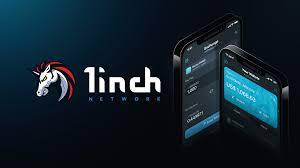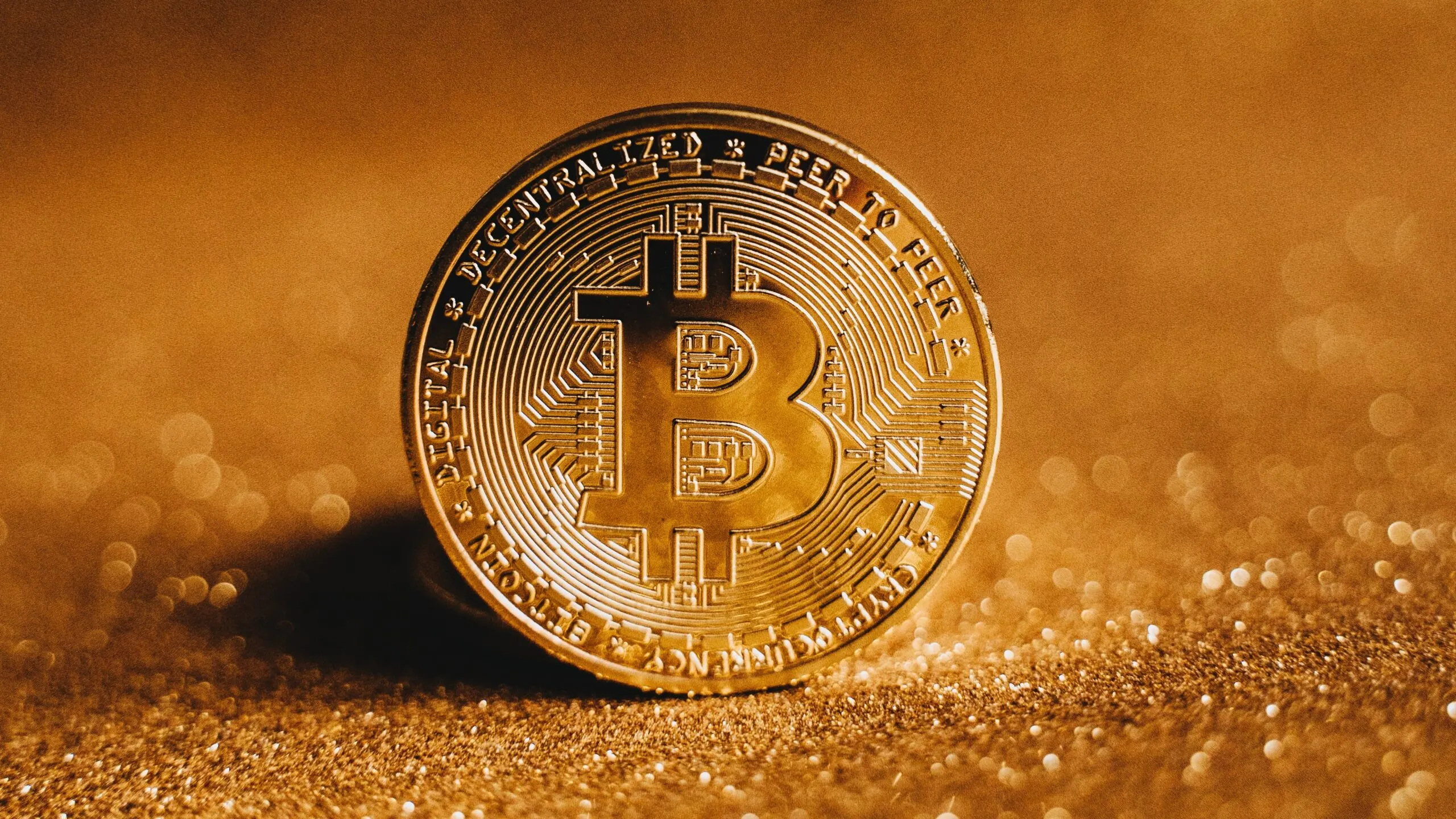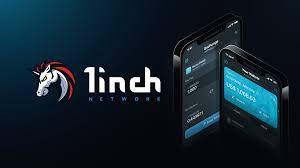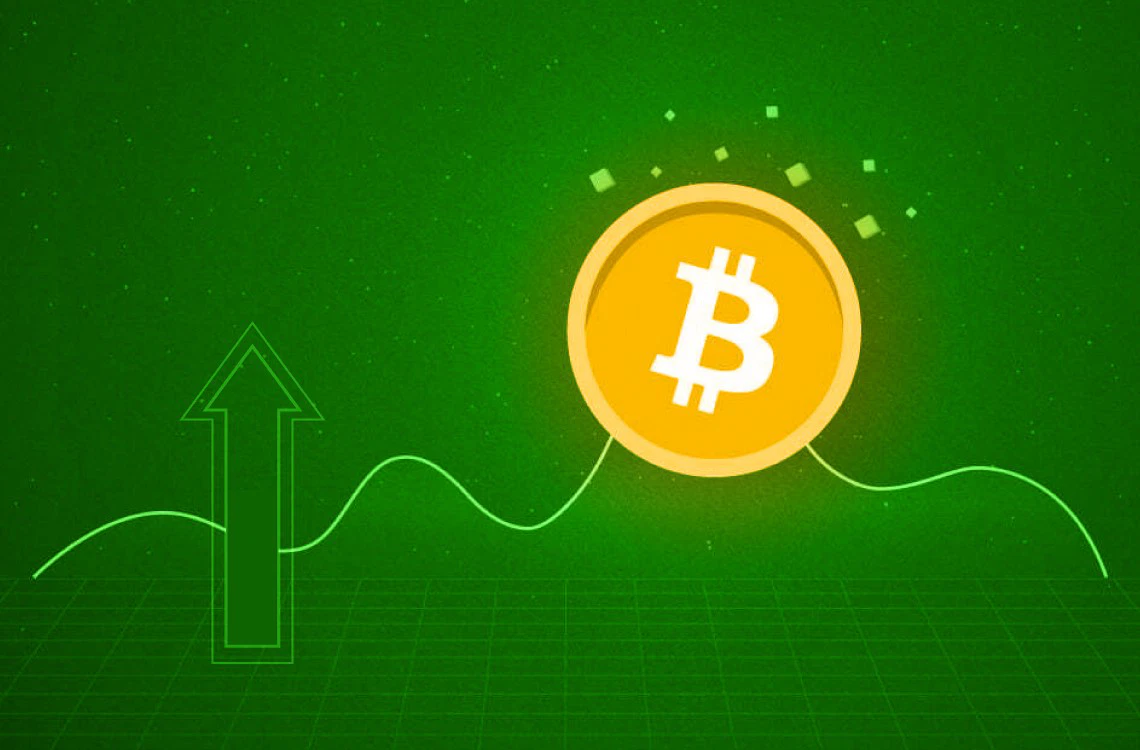What is DAO and How is It Different From DeFi?
Explore the innovative world of Decentralized Autonomous Organizations (DAOs) and Decentralized Finance (DeFi).
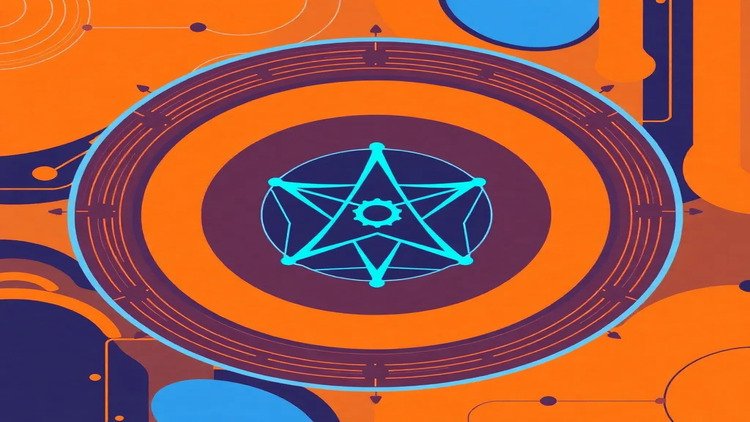
A DAO, or Decentralized Autonomous Organization, is a type of organization that operates on blockchain technology, allowing members to make decisions collectively without a central authority. DAOs are governed by smart contracts, which define the rules and facilitate transparent decision-making among members.
On the other hand, DeFi, or Decentralized Finance, aims to create an open financial system that eliminates the need for traditional banks and intermediaries. DeFi applications leverage blockchain technology to provide financial services such as lending, borrowing, and trading directly between users.
Key Differences Between DAO and DeFi
-
Governance:
- DAOs operate through a decentralized governance model where members propose and vote on changes, ensuring collective decision-making.
- DeFi platforms may have centralized or hybrid governance structures, often relying on a core team for major decisions.
-
Purpose:
- DAOs focus on creating decentralized organizations that can manage resources and make decisions collectively.
- DeFi is centered around developing decentralized financial products and services that enhance accessibility and efficiency in finance.
-
Token Economics:
- In DAOs, tokens are primarily used for governance and voting, and they may not have a direct monetary value.
- In DeFi, tokens typically have monetary value and are used to access various financial services.
Benefits of DAOs
- Transparency: All transactions and decisions are recorded on the blockchain, promoting accountability.
- Community-Driven: Members have a direct say in governance, fostering a sense of ownership and engagement.
- Decentralization: No single entity controls the organization, reducing the risk of corruption or mismanagement.
Benefits of DeFi
- Accessibility: Anyone with an internet connection can access DeFi services, regardless of their location or financial status.
- Automation: Smart contracts automate transactions, reducing the need for intermediaries and lowering costs.
- Potential for High Returns: Many DeFi products offer attractive yields, appealing to investors seeking higher returns.
Challenges
-
DAOs:
- Complexity in setup and governance can hinder participation.
- Vulnerability to attacks and regulatory uncertainties pose risks.
-
DeFi:
- Market volatility can lead to significant financial losses.
- Regulatory ambiguity and technical risks, such as hacking, are prevalent.
Both DAOs and DeFi represent significant advancements in the blockchain space, promoting decentralization and democratization in their respective fields. As these technologies evolve, they hold the potential to reshape various industries, from finance to gaming and beyond. A DAO, or Decentralized Autonomous Organization, is an organization that utilizes blockchain technology to enable collective decision-making among its members without a central authority. Governed by smart contracts, DAOs ensure transparency and fairness in their operations.
In contrast, DeFi, or Decentralized Finance, seeks to create an open financial ecosystem that removes the need for traditional banks and intermediaries. DeFi applications harness blockchain technology to offer financial services like lending, borrowing, and trading directly between users.
Key Differences Between DAO and DeFi
-
Governance:
- DAOs utilize a decentralized governance model where members can propose and vote on changes, ensuring decisions are made collectively.
- DeFi platforms may have centralized or hybrid governance structures, often depending on a core team for significant decisions.
-
Purpose:
- DAOs aim to establish decentralized organizations that manage resources and make collective decisions.
- DeFi focuses on creating decentralized financial products and services that improve accessibility and efficiency in finance.
-
Token Economics:
- In DAOs, tokens are mainly used for governance and voting purposes and may not hold direct monetary value.
- In DeFi, tokens usually have monetary value and are utilized to access various financial services.
Benefits of DAOs
- Transparency: All actions and decisions are recorded on the blockchain, enhancing accountability.
- Community-Driven: Members have a direct influence on governance, fostering ownership and engagement.
- Decentralization: The absence of a single controlling entity reduces the risk of corruption or mismanagement.
Benefits of DeFi
- Accessibility: DeFi services are available to anyone with internet access, regardless of their location or financial background.
- Automation: Smart contracts streamline transactions, minimizing the need for intermediaries and reducing costs.
- Potential for High Returns: Many DeFi products offer attractive yields, appealing to investors looking for higher returns.
Challenges
-
DAOs:
- The complexity of setup and governance can limit participation.
- Risks include vulnerability to attacks and regulatory uncertainties.
-
DeFi:
- Market volatility can result in significant financial losses.
- Regulatory ambiguity and technical risks, such as hacking, are common concerns.
Both DAOs and DeFi signify major advancements in the blockchain sector, advocating for decentralization and democratization in their respective domains. As these technologies progress, they have the potential to transform various industries, from finance to gaming and beyond.
FAQ:
1. What is a DAO?
A DAO, or Decentralized Autonomous Organization, is an organization that operates through smart contracts on a blockchain. It allows members to make decisions collectively without a central authority, ensuring transparency and democratic governance.
2. How does a DAO work?
DAOs function through a set of rules encoded in smart contracts. Members can propose changes or initiatives, and decisions are made through voting, often using governance tokens that grant voting rights.
3. What is DeFi?
DeFi, or Decentralized Finance, refers to a financial ecosystem built on blockchain technology that aims to provide open and permissionless financial services without the need for traditional banks or intermediaries.
4. How do DAOs differ from DeFi?
While DAOs focus on decentralized governance and collective decision-making, DeFi is primarily concerned with offering decentralized financial services like lending, borrowing, and trading. DAOs manage organizations, whereas DeFi platforms provide financial products.
5. What are the benefits of DAOs?
DAOs offer several benefits, including:
- Transparency: All transactions and decisions are recorded on the blockchain.
- Community Engagement: Members have a direct say in governance.
- Decentralization: Reduces the risk of corruption and mismanagement.
6. What are the benefits of DeFi?
DeFi provides numerous advantages, such as:
- Accessibility: Anyone with internet access can use DeFi services.
- Automation: Smart contracts automate transactions, reducing costs.
- High Returns: Many DeFi products offer attractive yields for investors.
7. What are the risks associated with DAOs?
DAOs face challenges such as:
- Complex Governance: The structure can be complicated, which may hinder participation.
- Regulatory Uncertainty: DAOs may face legal challenges as regulations evolve.
8. What are the risks associated with DeFi?
DeFi also has its risks, including:
- Market Volatility: Prices can fluctuate significantly, leading to potential losses.
- Technical Vulnerabilities: Smart contracts can be susceptible to hacks and exploits.
9. Can anyone participate in a DAO?
Yes, anyone can typically participate in a DAO, provided they hold the governance tokens required for voting and decision-making.
10. How can I get involved in DeFi?
To get involved in DeFi, you can start by creating a cryptocurrency wallet, purchasing cryptocurrencies, and exploring various DeFi platforms to access services like lending, borrowing, or trading.
11. Are DAOs and DeFi regulated?
Currently, both DAOs and DeFi are in a gray area regarding regulation. While some jurisdictions are beginning to establish guidelines, the regulatory landscape is still evolving.
12. What is the future of DAOs and DeFi?
The future of DAOs and DeFi looks promising, with potential for significant growth and innovation. As technology advances and regulations become clearer, both DAOs and DeFi may reshape various industries and financial systems.
What's Your Reaction?









